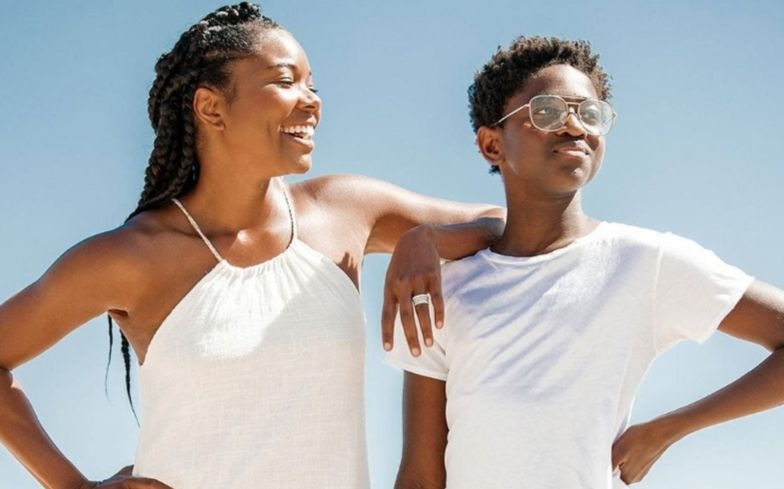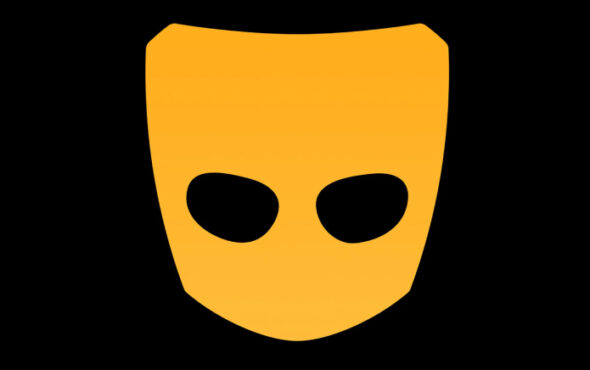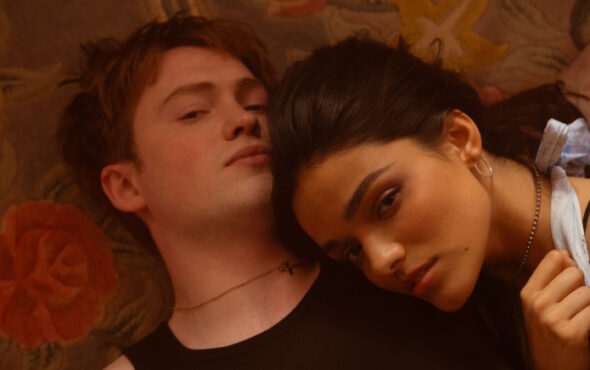
The series will be based on George M. Johnson’s memoir, All Boys Aren’t Blue.
Actress and LGBTQ+ advocate Gabrielle Union has secured the rights to broadcast a series based on Black LGBTQ+ activist and journalist George M. Johnson’s memoir, which was titled All Boys Aren’t Blue.
The title of the memoir was based off of the heteronormative idea of blue being a ‘boy colour’ while pink is considered to be a ‘girl colour’. It also references George’s father’s role in the police force, as well as the critically acclaimed LGBTQ+ film, Moonlight.
Deadline reports that Gabrielle’s I’ll Have Another Productions has optioned the rights to the memoir, to develop as a series alongside Sony Pictures TV.
The memoir, which was only published back in April, charts George’s childhood and adolescence in Plainfield, New Jersey, as well as his time at a historically Black college in Virginia. The memoir details instances of bullies kicking his teeth out at the age of five, his first sexual experience and the intersectionality of growing up as both Black and gay.

In a statement about the project, Gabrielle Union stressed its importance, as well as referring to her stepdaughter, Zaya Wade, who come out as trans earlier this year. “Queer Black existence has been here forever yet rarely has that experience been shown in literature or film and television,” she said.
“Being a parent to a queer identifying daughter has given me the platform to make sure that these stories are being told in a truthful and authentic way and George’s memoir gives you the blueprint for that and more.
“What I love about this book is that it not only offers a space for queer kids of colour to be seen and heard but it also offers those who see themselves outside of that standpoint to be held accountable and help them better understand what it takes to truly have acceptance with someone who is considered other.”
George M. Johnson also spoke of the importance of the project, saying: “I wrote this memoir and shared these stories because of the importance and need to center Black stories from the Black perspective.
“I didn’t have stories like these growing up and honestly I don’t have many now so I knew I needed to do my part to make sure the next generation of Black queer children had something they could relate to and connect with.
“There are days I look at TV and film and still don’t see myself represented. So, my ultimate goal was providing the story I didn’t have but always needed and to be the vessel so that so many can feel seen and heard.”
Praising Gabrielle, he added: “She’s someone who is not only a champion in the fight for supporting marginalized communities of colour but the work she’s doing as a storyteller and producer is lifting every voice who hasn’t had the opportunity to be heard.”



